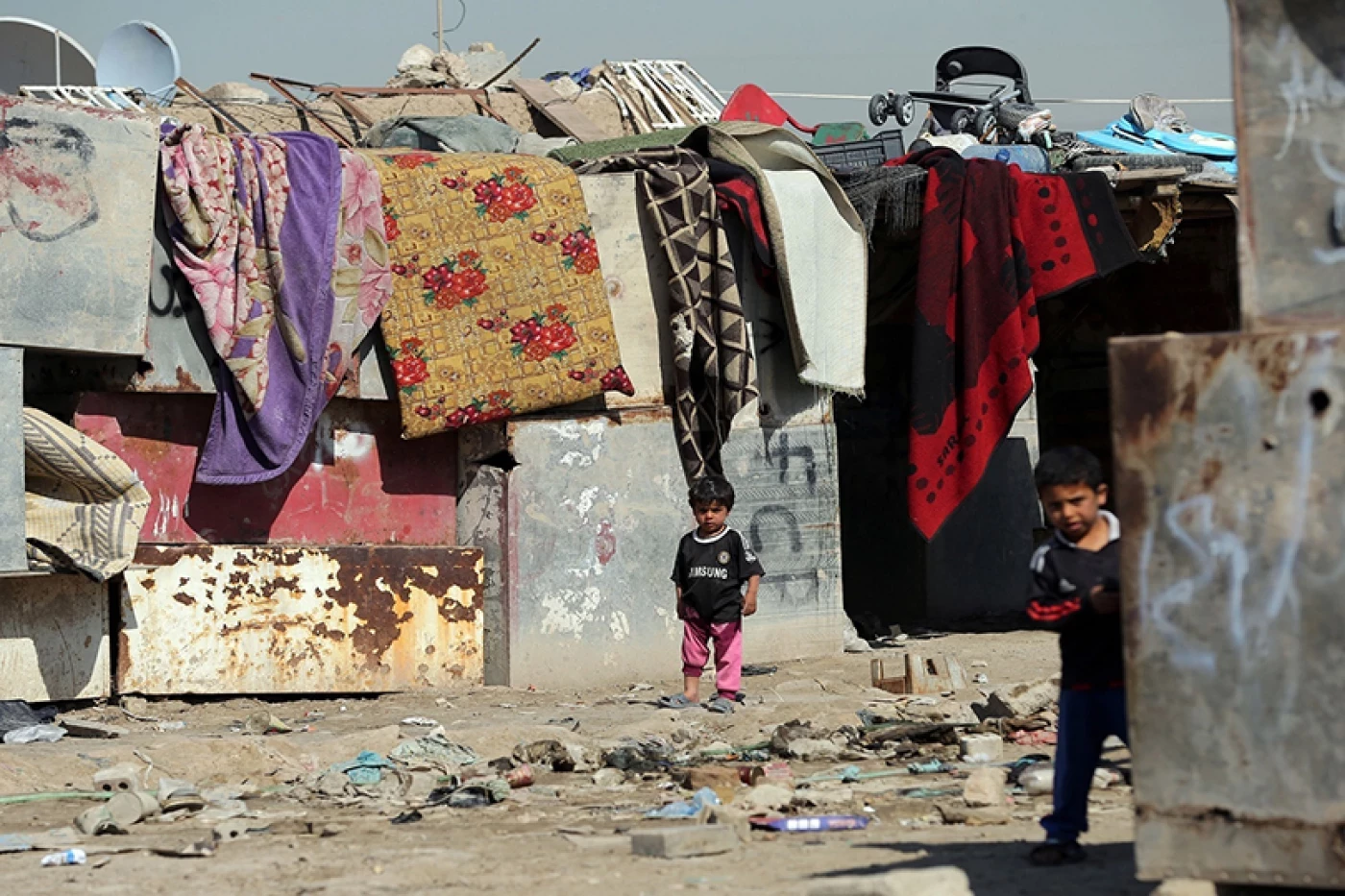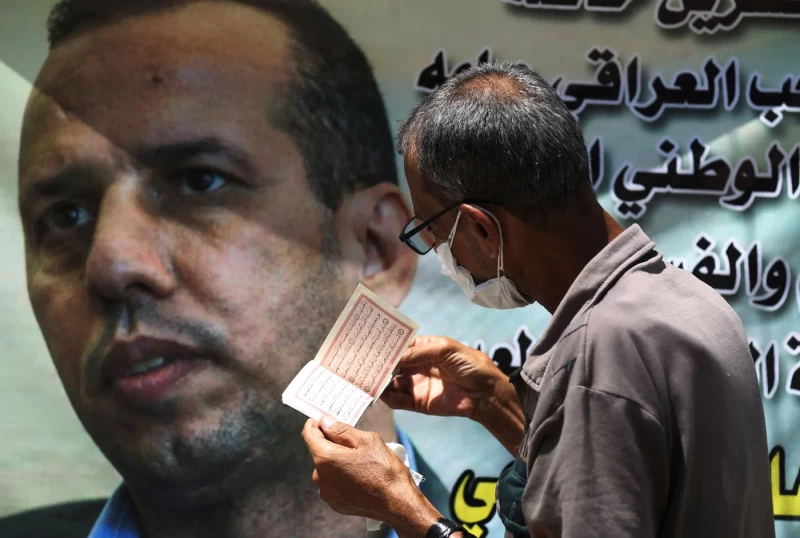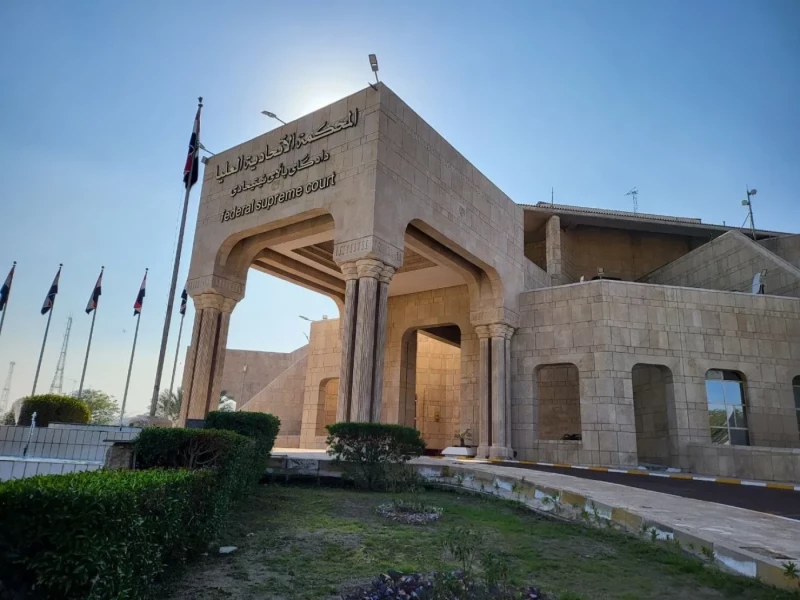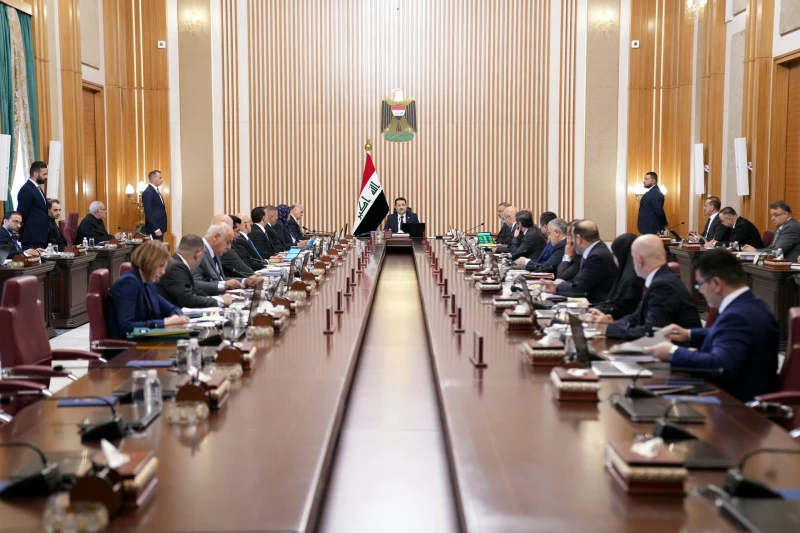ERBIL, Kurdistan Region of Iraq - The local government in Dhi Qar province has launched one of Iraq’s biggest land legalization efforts, aiming to grant legal ownership to the inhabitants more than 130,000 informal housing units across the province.
Dhi Qar, one of the poorest Iraqi provinces, faces a severe housing shortage. Families are grappling with soaring rents, stalled government projects, and a lack of affordable options, leaving many young people viewing home ownership as an elusive dream, always tantalizingly out of reach.
In a country hit hard by wars, corruption, and political conflict, the housing crisis is more than a real estate issue. It shows a deeper failure by authorities to secure basic rights for citizens. Today, tens of thousands of Iraqi families are chasing the dream of owning a home, even as property prices keep rising.
Razaq al-Ali, deputy governor for strategic planning, said on Tuesday that work teams have started preparing the needed sectoral designs for the plan and are close to finishing. He said the plan covers areas with high population density.
“Some of these houses are built on land that needs special ministerial approval,” Ali said. “We are working with the relevant ministries to solve the legal issues.”
The province hopes to complete the ownership transfer for nearly half of the units before the end of this year.
Ali described it as part of an “ambitious” plan to gradually end the problem of informal housing and turn the areas into fully serviced legal neighborhoods.
The move comes as Iraq faces a worsening housing crisis and a rise in unplanned construction.
Many residents have called on the government to legalize these homes and give families legal protection and better services.
To fix the housing shortage, the Iraqi government launched the New Cities project. The giant project aims to reduce the need for housing in crowded urban areas and provide planned communities with modern housing and full services in Baghdad, Dhi Qar, Nineveh, and Babylon.
According to the Ministry of Planning, Iraq needs over 3 million housing units to close the gap. But the question isn’t just about the number of homes. It’s also about whether they are truly affordable for poor and middle-class families.


 Facebook
Facebook
 LinkedIn
LinkedIn
 Telegram
Telegram
 X
X



